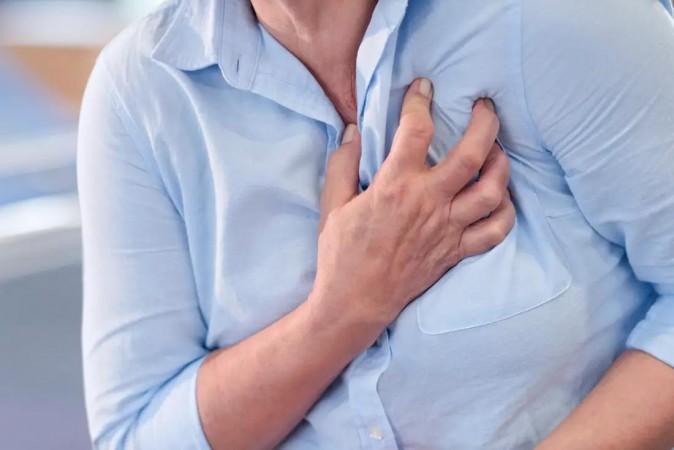A blockage of blood flow to the heart muscle leads to a heart attack. One can feel several signs and symptoms 12-hours before the cardiac arrest. If he takes timely prevention and treatments, he can save his life.
A heart attack is a medical emergency and it is usually caused by a blood clot, which blocks blood flow. The lack of blood results in loss of tissue and oxygen. When the heart muscles die, a person starts experiencing chest pain and electrical instability of the heart muscle tissue. If he or she does not understand the symptoms and take precautionary measures, he or she is likely to lose their life.

Heart Attack causes
The heart muscle needs a constant supply of oxygen-rich blood, which is given by coronary arteries. But coronary artery disease makes those arteries narrow and does not allow enough blood to flow. This leads to a heart attack.
Fat, calcium, proteins, and inflammatory cells build up in your arteries to form plaque deposits. When the outer shell of plaque cracks, platelets come to the outer area and form blood clots around the plaque. A blood clot blocks your artery and your heart muscle cells soon die due to lack of oxygen. This causes permanent damage.
A spasm in your coronary artery will also cause a heart attack. During this coronary spasm, your arteries restrict or spasm on and off, cutting off the blood supply to your heart muscle (ischemia). It can happen while you're at rest and even if you don't have serious coronary artery disease.
Heat attack symptoms or signs
Symptoms of heart attack can be different from person to person. Women are more likely to have signs like an upset stomach, shortness of breath, or back or jaw pain. If you are diabetes, you will not notice any symptoms and is known as a silent myocardial infarction. Here are some common symptoms of cardiac arrest.
- Discomfort, pressure, heaviness, tightness, squeezing,
- Pain in your chest, neck, back or arms, jaw, upper abdomen, or below your breastbone
- Fullness, indigestion, heartburn or a choking feeling
- Sweating, upset stomach, vomiting, or dizziness
- Severe weakness, anxiety, fatigue, or shortness of breath
- Abnormal heartbeat - fast or uneven
- Light-headedness
Heart attack treatment
The treatment depends on the level or type of heart attack. There are six types like 1, 2, 3, 4a, 4b and 5, which requires a medical diagnosis. After seeing the report, a doctor will decide the kind of treatments. The following are treatments given based on the diagnosis.
- Cardiac rehabilitation to medication.
- Stents.
- Bypass surgery.
Heart attack prevention tips
The main reason for a heart attack is your lifestyle. If you follow a healthy lifestyle, you don't need to worry about cardiac arrest. There are certain things that help you reduce the chances of getting a heart attack. You need to following tips to be healthy and safe from it.
- Eat a healthy diet.
- Do regular walk and exercise.
- Maintain healthy weight.
- Have enough sleep.
- Limit your consumption of alcohol.
- Don't smoke.
- Keep your cholesterol and triglyceride levels under control.
- Control your blood pressure.
- Learn ways to manage stress.
- Manage diabetes.

















